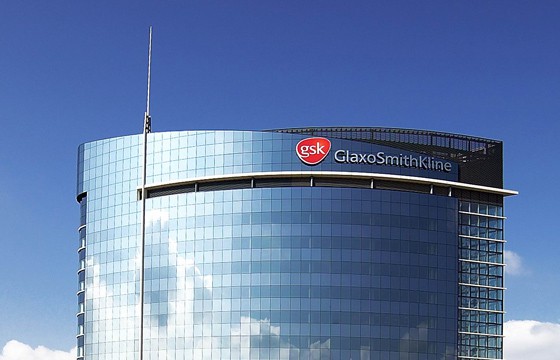
GlaxoSmithKline has announced positive results from a phase 2a study of its Ionis-partnered antisense medicine for chronic hepatitis B virus (CHB) infection.
The drug, GSK3228836, showed marked reductions in hepatitis surface antigen (HBsAg) and hepatitis B virus DNA compared with placebo after four weeks treatment in people with CHB. The study participants were either on stable nucleoside, nucleotide analogue (NA) therapy or were naive to NA therapy.
Although hepatitis C has an effective range of treatments which can effectively cure most patients, hepatitis B remains difficult to treat and can cause cirrhosis, liver failure and liver cancer. Around 260 million people worldwide are currently living with CHB compared to around 70 million with hepatitis C.
Existing medications for CHB provide low levels of hepatitis B virus S antigen seroclearnace, which only suppress the virus, so need to be taken for life to maintain disease remission.
GSK3228836 uses antisense oligonucleotide technology to suppress the virus and viral proteins to functionally cure CHB. A functional cure means that although a virus is not completely eradicated, it is at a low enough level that it can be controlled by the immune system without medication.
GSK licensed GSK3228836 from Ionis last year, in a deal which saw it assume responsibility for all the development, regulatory and commercialisation costs associated with the treatment.
As part of the licensing deal, Ionis is set to receive fees and milestone payments of up to $262m, which included a $25m license fee. It is also eligible to receive tiered royalties in the low double digits on net sales.
“Chronic hepatitis B affects around 260 million people globally and, despite existing treatments, can lead to nearly 900,000 deaths per year due to liver failure and liver cancer,” said Christopher Corisco, senior vice president of development at GSK.
“We have observed promising early-stage results showing antiviral activity with our anti-sense oligonucleotide, a key investigational medicine in our growing infectious diseases portfolio. This marks a potential step forward toward the goal of assessing sustained functional cure for people with chronic hepatitis B,” he added.
GSK already has presence in the field with a hepatitis B vaccine, Ambirix, but GSK3228836 is a potential blockbuster in the making if it can effectively cure CHB.




